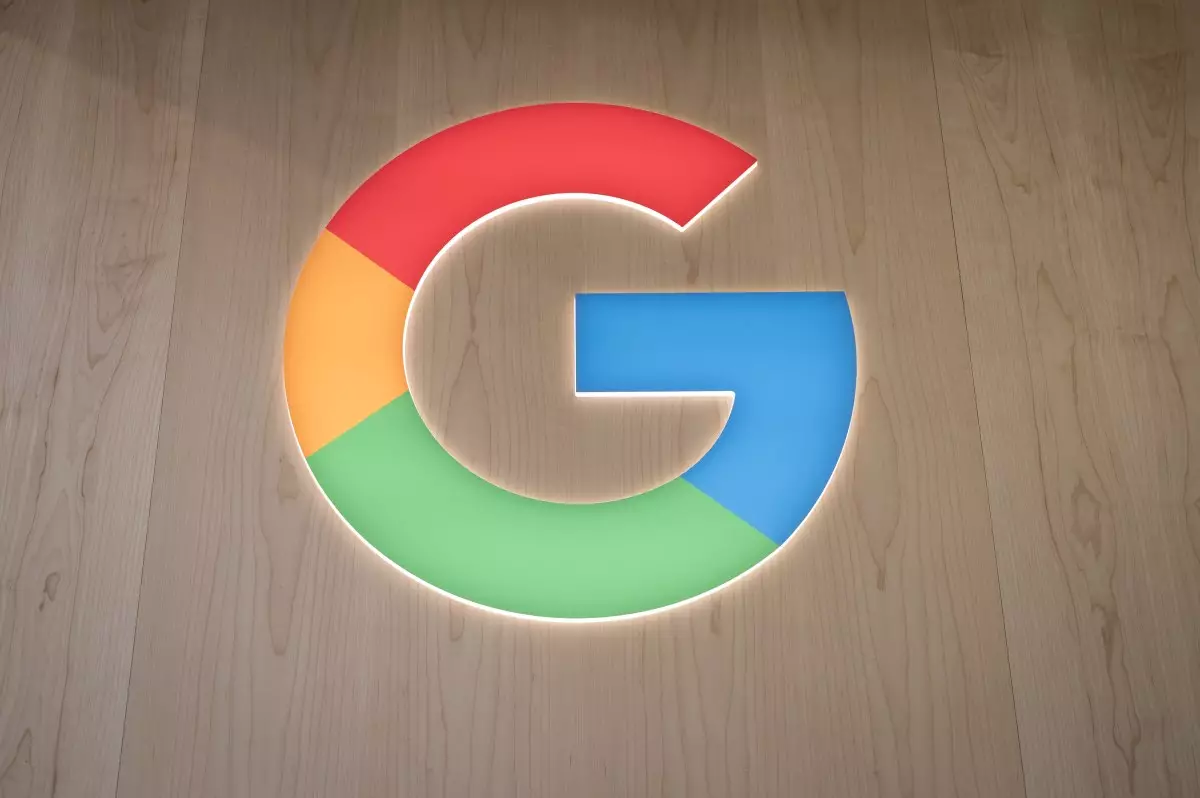The impact of artificial intelligence (AI) on search engines has become increasingly evident in recent months, particularly with Google’s introduction of AI Overviews. These AI-generated summaries aim to enhance the user experience by providing quick and informative answers to search queries, while also competing against alternative platforms like ChatGPT and Perplexity, which effectively use AI to satisfy user inquiries. However, the integration of these AI features promotes essential conversations around reliability, monetization, and their overall effect on the digital ecosystem.
Launched as a tool to streamline search results, Google’s AI Overviews condense information into easily digestible snippets to address user queries. This aligns with an evident trend where users, particularly younger demographics, favor quick answers rather than combing through extensive search pages. The appeal of succinct summaries is mirrored in the staggering growth of Perplexity, which experienced over 85 million visits within just two years of its inception. While these numbers might not rival Google’s vast user base, they highlight a shifting landscape in how users prefer to engage with search engines.
Despite its intention to improve user interaction, AI Overviews has faced scrutiny. Reports from platforms such as SE Ranking indicate that many summaries rely on sources that are not always trustworthy, often citing outdated studies or even generating questionable advice. This raises critical concerns regarding the validity of information users may rely upon—underscoring the challenge Google faces in maintaining accuracy and relevance in its AI-generated content.
Google has taken steps to mitigate the reliability concerns surrounding AI Overviews. By narrowing the scope of topics covered—particularly those sensitive areas like current events or health issues—the company acknowledges the limitations of AI in discerning fact from fiction. Rhiannon Bell, Google’s VP of User Experience, emphasized the commitment to refining AI Overviews to ensure users receive the most relevant and reliable content.
However, while the search giant is proactive about addressing issues, the challenges of AI’s judgment in assessing credible sources remain daunting. Information generated by AI is only as accurate as the data fed into its algorithms, which means continued vigilance and improvement from Google is imperative to uphold the user experience.
In a strategic move to monetize AI Overviews, Google plans to incorporate advertisements within these AI-generated summaries. This will enable users to access relevant ads alongside AI insights, ostensibly enhancing their navigation experience. Users searching for specific queries, such as cleaning advice for stubborn grass stains, will encounter ads that link directly to pertinent products and services.
While the intent appears user-friendly—facilitating connection with relevant businesses—it introduces an inevitable clutter to the AI summaries. Critics argue that this could dilute the overall user experience, shifting the emphasis from providing objective information to monetizing attention. A carousel format featuring sponsored content positioned within AI Overviews exemplifies this tension, placing commercial interests potentially ahead of informational ones.
Besides AI Overviews, Google is also unveiling AI-organized search results pages. These pages are designed to curate a range of content formats, clustering articles, Youtube videos, and discussions in response to specific topics like culinary delights or lifestyle inquiries. Unlike AI Overviews, these pages will not display advertisements, aiming to provide a cleaner experience focused strictly on diverse content sourcing.
The introduction of AI-organized results marks an evolution in how users can explore information, showcasing Google’s adaptability in meeting changing demands in how information is processed and presented. However, the potential ramifications for publishers are glaring. Studies suggest that the prominence of AI in search could reduce their traffic significantly—some estimates indicate a potential revenue loss exceeding $2 billion due to diminishing ad views and referral traffic.
The intersection of AI and search begs the question—what does the future hold for traditional publishers as Google increasingly integrates AI into its core services? Although current impacts on larger publishers have been characterized as negligible, a continuous expansion of these AI features could disrupt established revenue models. The delicate balance between providing valuable information and maintaining advertisers’ interests is more critical than ever.
Google must tread carefully as it refines AI Overviews and AI-organized pages, prioritizing transparency and the alignment of user needs with business objectives. As the effects ripple through the digital ecosystem, ongoing dialogues regarding content integrity, traffic impacts on publishers, and user engagement will remain at the forefront of this evolving narrative. The challenge lies not only in utilizing AI to enhance user experience but also in maintaining trust, accuracy, and a sustainable digital economy.

